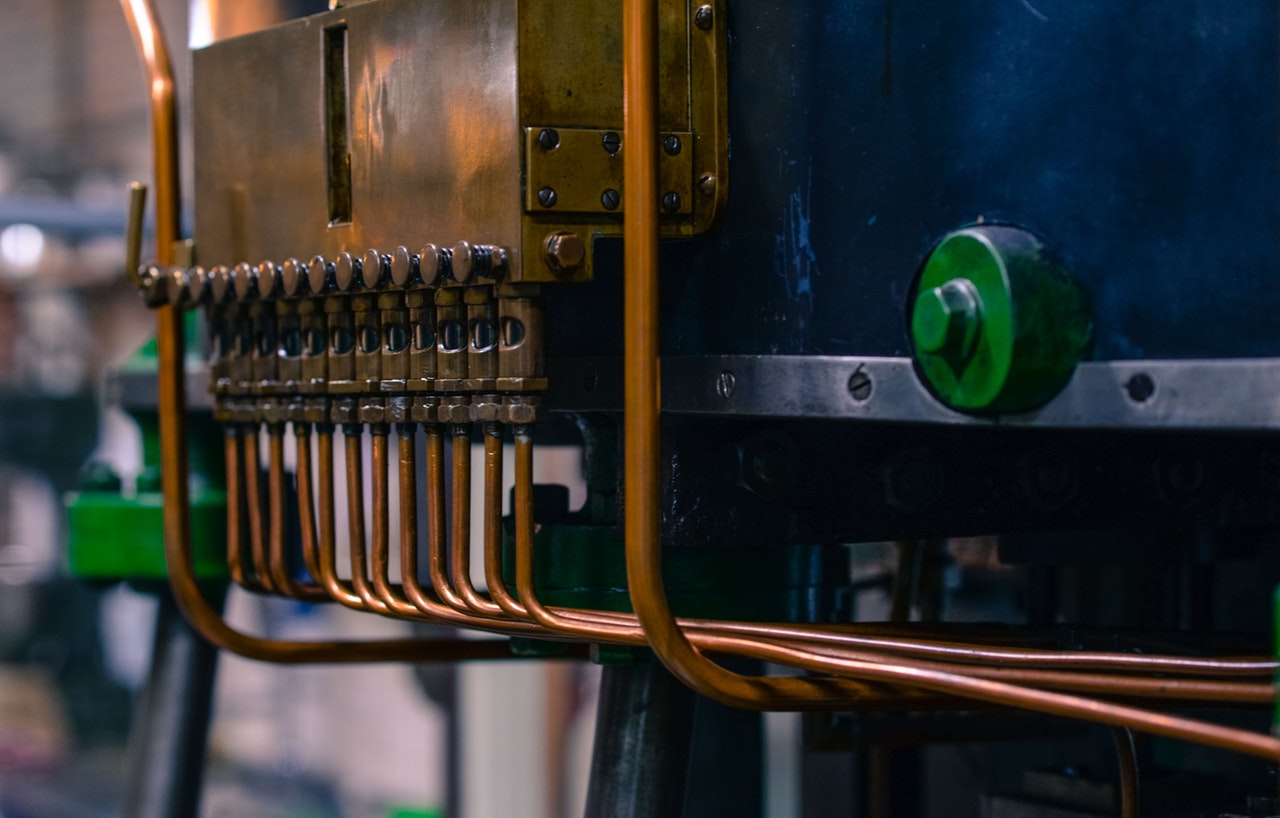What is an Automatic Lubrication System?
By on Jan 03 2018

We all know the importance of lubrication in making sure all things run smoothly. But did you know that bearings hardly last 5-10% of their potential service span if not properly lubricated?
Sometimes, it's hard to monitor certain parts of your machinery. We can't be in all place at all times to make sure everything is working as it should, no matter how much we'd love just that. This is where automatic lubrication systems (ALS) come into play.
What is ALS and how does it work
ALS does just what you think they do automatically lubricates your machines by constantly monitoring them and applying precise amounts of lubrication as needed.
These systems work to eliminate safety hazards, mistakes made by manual lubrication, and more. They deliver lubrication while your machinery is working, so it doesn't interrupt workflow, working to lower operating costs, increase the life of your machinery, and cutting down on unplanned downtime.

There are two different categories that these systems fall into: oil and grease systems, depending on your machines needs. Styles of these systems include the single line parallel, double line parallel, single line progressive, and multi-port direct system.
While they each serve different purposes pending your machinery needs, each system is typically made up of five parts: the controller/times, which activates the system; the pump and reservoir, which is where the lubricant is stored and pulled from; the supply line, which transports the lubrication through the system; the metering valve, which measures and dispenses the lubrication to various points of your machinery; and the feed lines, which connects the metering valves to the points of application.
All of these components work together to monitor your machinery and dispense appropriate amounts of lubrication as needed.
What it means for your machinery
Having an ALS can ensure the ultimate protection of your equipment. However, it's not that easy. Using the wrong product can defeat the purpose of these systems and have negative effects on your machinery. And when your machines fail, for any reason, the costs to fix things and get back up to speed adds up fast.
Investing in an ALS will help to ensure your equipment is being properly lubricated in areas it's hard to get to. Most automatic lubrication systems use lubricating greases, but following the recommendation for the proper NLGI grade can make all the difference.
For more on understanding types of lubricants and greases, check out these posts!

The National Lubricating Grease Institute (NLGI) is a not-for-profit organization that serves the lubricating grease industry. Their consistency numbers, or grades, indicate the hardness of the grease. NLGI 2 has the consistency of peanut butter, NLGI 1 has a consistency similar to tomato paste, NLGI 0 has the consistency of brown mustard, NLGI 00 has a consistency similar to applesauce, and NLGI 000 has a consistency similar to cooking oil.
These greases play a big role in the performance of your machinery, and each will perform differently. Make sure you know how your machinery operates and what viscosity or brand of grease it needs. Read your owner's manual for more information.
Looking for the right lubricants for your automatic lubrication system? Petroleum Service Company only sells brands they trust. Learn more and find the product best for you today online today!
Sources:
http://www.machinerylubrication.com/Read/30737/automatic-lube-systems
http://www.lelubricants.com/automatic-lubrication-systems.html
https://en.wikipedia.org/wiki/Automatic_lubrication_system
https://www.flocomponents.com/Uploads/PR_2015-04_Understanding_Automatic_Greaseing_Systems.pdf






